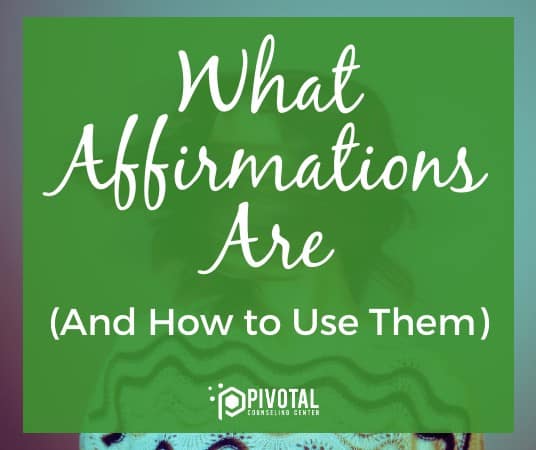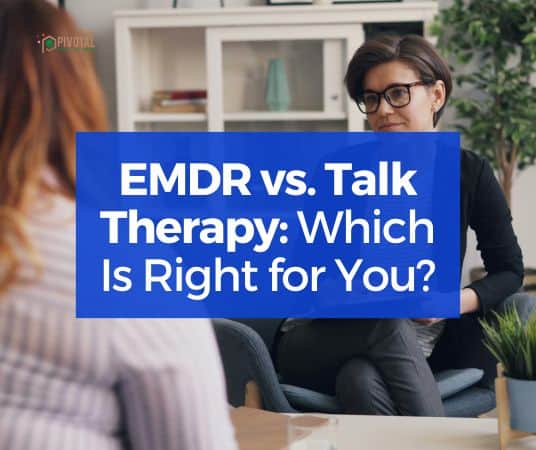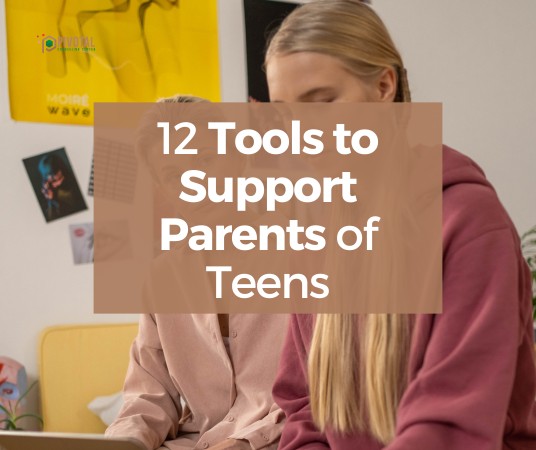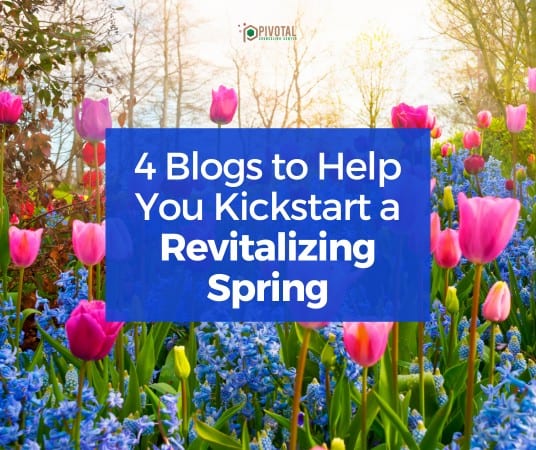
What are Affirmations?
Before even jumping into how affirmations work or how you can start to work them into your self-care routine, let’s talk about what affirmations actually are. An affirmation in definition is the act of affirming something–it is the process of asserting something, declaring it as truth, etc. So an affirmation in practice is the process of taking a positive fact or idea (“I am capable”) and declaring it to be true.
It doesn’t mean that as soon as you say it, you will feel instantly capable or confident in a way you hadn’t before, but it is a stepping stone. It is a declaration to yourself that you intend to live as if it were true, even if you don’t feel the truth in the sentence at the moment you say it. So if you say “I am capable” even when your confidence is low, you will take that affirmation + move forward as though you believe it. You will act as though you are capable, and in time you will prove yourself right!
Affirmations can be a great tool to help challenge negative self-talk.
How do affirmations work?
Cultivating the positive environments & emotions we want starts in our minds. Whether we notice it or not, the thoughts that are repeated throughout our minds we start to believe, and they become the lens through which we see the world around us.
So, if you (in one form or another) think of yourself as stupid or worthless, then after a while, it won’t seem like a feeling: it will feel like a fact. Every day in one form or another, you find an example of it.
Replace that with a positive thought. Start your day thinking “I am smart and capable.” Repeat it to yourself over and over whenever you need to hear it. After a while, you will begin to believe it and overwrite those negative lessons you used to believe.
This sort of positive self-talk has numerous benefits! Not only will it boost your belief in yourself and your self-confidence, but it will begin a positive cycle that will help you continue to improve and appreciate yourself. Studies have shown that when you have a stronger sense of self-worth, you are more inclined toward self-improvement. You won’t get as discouraged when something doesn’t work the first time. It will also be easier to not see it as a reflection of your worth. Instead, you can look at it as a natural part of the learning & growing process.
How should you practice affirmations?
However, affirmations can be a bit of a double-edged sword for those starting off with low confidence. When you jump from extremely negative self talk to extremely positive self-talk, there is a gap there that you can’t seem to bridge naturally. No one goes from thinking they are worthless to thinking they are amazing in the space of an afternoon.
So it is crucial to find affirmations that work for you in whatever part of your self-love journey you’re on. The other key is to pair them with clear goals that follow actionable steps. For example, if you find an affirmation that says “I am smart and enrich the lives of those I come in contact with” but you really don’t feel like that, then you’re probably going to feel worse after using the affirmation. It will feel like you are lying to yourself. Just saying it won’t be enough for you to find truth in it. Instead, you could say something like “I’m allowed to ask for help when I need it.” or “I deserve a solid self-love practice.”
Starting small with affirmations will help you build up your confidence, and get you going, and eventually, you will be able to use more confident affirmations and mantras!
AFFIRMATIONS TO TRY:
- I can ask for help when I need it
- I deserve a solid self-love practice
- I can find joy in small ways, even on hard days
- I am more than my negative thoughts
- I am capable of success
- I am full of creativity
- I will feel proud of myself for my accomplishments
- I trust myself to make the right decisions
- I am learning & growing every day
- I am in the process of becoming the best version of myself
- I have the power to create the life I desire
Pivotal Counseling Center is now accepting Medicaid including Blue Cross Community Medicaid, Meridian Medicaid, and Molina Medicaid for outpatient counseling.









